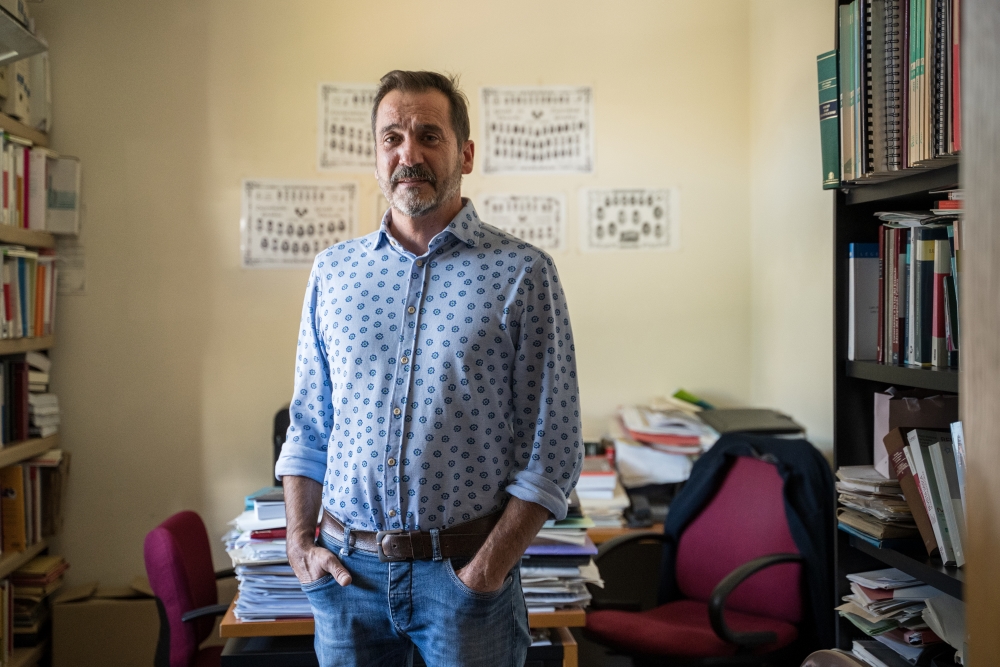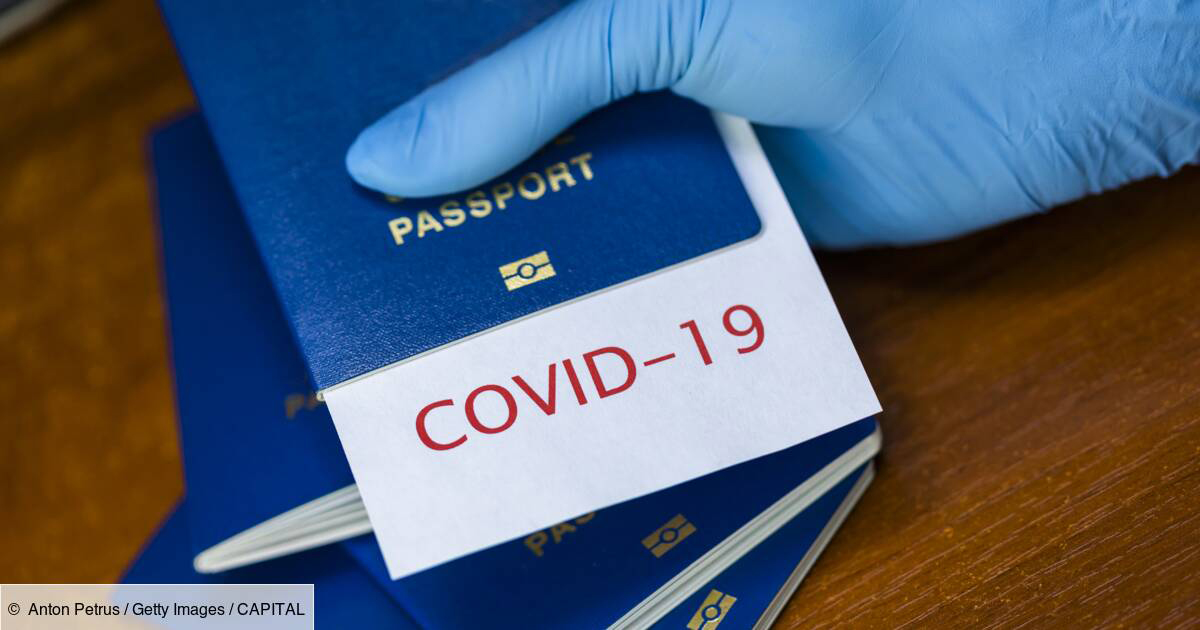Tourism, growth and COVID-19 crisis
- The COVID-19 crisis has led to the forced decline of the global tourism industry. However, a consensual plan is needed to address the social effects of this transition.

Just a few months ago, the media were abounding in discussions on "tourist saturation" (overtourism). The growing influx of tourists to popular destinations around the world was causing conflicts and complaints among local citizens, especially because the arrival of tourists made access to housing more expensive and difficult for residents. Today, in a moment, everything has changed. The global tourism industry has stopped abruptly and, instead of tourist saturation, the concern has become the "undertourism" we have now discovered. This situation, once very marginal, threatens the economy and the future of societies around the world.
The scale of tourism deceleration and its consequences are unimaginable. According to the definition, tourism can be considered the largest industry in the world. The United Nations World Tourism Organization notes, for example, that tourism accounts for 10% of world GDP and that therefore 1 in 10 jobs is related to tourism around the world. Places where major incomes are subject to tourism, such as Bali, are already experiencing an economic disaster. Holiday home rental platforms in the form of airbnb have also been added to the call.
This recession can wipe out 50 million tourism-related jobs worldwide
The World Travel and Tourism Council has announced that the recession caused by the COVID-19 pandemic can wipe out 50 million tourism-related jobs worldwide, resulting in losses of $24 billion for U.S. industry. The effects of this tourist stop will spread throughout the world, as tourism is connected with other important industries such as air transport, oil extraction, housing or retail.
Crisis and opportunity
However, as the quote says, every crisis is also an opportunity. As a warning to Naomi Klein, the ruling forces can try to take advantage of the situation we are currently experiencing as an excuse to put into practice the famous manual of catastrophic capitalism. This formula encourages the privatisation and consolidation of large corporations, as we saw earlier, in the tourism reconstruction of Asia following the 2004 tsunami. Today, the rush of airlines, hotel companies and rebuilding by the various rescue packages gives us a new taste of catastrophic capitalism.

At the same time, there is the possibility of leaving this crisis in a different way, and that is inevitable, not letting the elites stay with it. Everyone else can take advantage of the situation to regain control of our spaces and societies. When our concern was the saturation of tourism, the most supported proposal was "tourist growth", understood as the transition from a more general decline. We have already addressed this issue in the blog, as well as in the special issue of the journal Journal of Sustainable Tourism, which will be published as a book.
The most supported proposal was “tourist growth”, understood as the transition from a more general decline
It is important to note that, as explained by the editorial group of degrowth.info, the current global recession should not be confused with growth. The slowdown requires an expressly chosen planned contraction, rather than the fragmented and disordered reaction imposed on us by the pandemic. But as the editorial has pointed out, the crisis shows that the decline is as necessary as possible.
This is especially true of the tourist industry. Even though the COVID-19 crisis ends a little early, we cannot afford to return to our previous travel habits, especially those of us who are the richest part of the world’s population. Not only because of the social unrest generated by tourist saturation, but also because of the environmental damage caused by this industry – climate warming, pollution or depletion of resources – they used to lead us to it and it is not sustainable.
Despite the high cost in economic and social terms, the COVID-19 crisis has significantly reduced many of these impacts, and very quickly. We must therefore use this moment to plan how we are going to reduce tourism by choosing and proactively, beyond the current crisis and as a dismantling of the whole of society. Understood as a path to post-capitalism.
Cutting-edge subjects
Although this crisis is coming to an end soon, we cannot afford to go back to the travel habits we have already had.
The current crisis offers us several lessons to sustain this effort. Firstly, it shows us the dependence that the world economy has developed on a tourism industry that is totally fleeting til.Esto should not be understood solely from the point of view of the centrality of tourism in some countries, but from the point of view of the world economy. As David Harvey explains, the growth model of current capitalism is constantly based on the increase in intensity and speed, reducing the turnover time of the invested capital at all times. Tourism, as an industry that sells the transitory experiences consumed at every moment, is one of the central elements of this model.
“In contemporary society, why are we constantly obliged to be in motion, from one activity to the next, from one continent to another, for a five-day holiday? ". The Degrowth.info team invites us to reflect. With the simple reduction of our individual journeys, we would be having serious consequences for the future of the global economy, especially in all those countless places that today depend on tourist revenue. These issues should also be addressed at a much more structural level.

Secondly, the crisis has shown that societies can control the amount of tourism they receive if they so decide. In the debate on tourist saturation, governments have stated on numerous occasions that the solution to the problem was not in their hands, that they could not prevent people from travelling. Global cuts to mobility show that this is not true.
We do not want to suggest that in future we can continue to impose such restrictions on freedom of movement. It demonstrates what is possible – and politically acceptable – such as limiting mobility when our lives are threatened, as has happened with COVID-19. The need for a habitable planet is certain that there are "reasons" for rethinking the volume of sustainable mobility.
Towards tourist declines
Thirdly, and most importantly, the responses that are being given to the economic slowdown show what initiatives should lead to the transition to a smooth decline in the tourism industry. At the individual level, of course, we all need to rethink our priorities, to make less travel, to make these journeys slower and more meaningful to us. But these opportunities must be accompanied by institutional changes at the macro and structural levels of the tourism industry, which implies a change of direction. These measures should include:
- Reduce the quantities of mass transport, in particular aeroplanes targeting specific destinations. The use of private jet and superyachts should be totally prohibited.
- Mass transport seats must be allocated equitably or equitably. If the seats are simply sold to those who can pay the most, only the richest will be able to travel. On the contrary, we propose that the travel option be distributed and the costs also, to ensure that the travel option is for the whole social spectrum.
- Load of non-essential and very short journeys. This can be easily achieved by imposing on travellers staggered taxes on the reasons for travel and length of stay, so that shorter and frivolous journeys are the most taxed (as in Venice, for example).
- It is necessary to increase public investment in communication technologies and infrastructures in order to be able to make more online interactions, instead of doing so in person.
- Carbon emissions for transport should be taxed (both for mass and individual transport). This tax must correspond to the nature and timing of the movements.
- Aid to the tourist industry must be maintained in the current rescue packages, beyond the crisis. These subsidies must, however, be concentrated on small and medium-sized enterprises, rather than financing large conglomerates.
- Such subsidies would at least be required to invest in more sustainable practices (social and environmental), as proposed. Furthermore, subsidies should finance deseasonalisation projects, especially in saturated areas.
- These grants should be financed, on the one hand, on the basis of new fees imposed on visitors, carbon taxes and the reorientation of state revenue (e.g. money for military spending).
- In order to organize Community or State projects, it is necessary to promote holidays and leisure, not by the intention of earning money, but by the exchange of socially beneficial experiences.
- In a scenario of decline, many of today’s companies will have to close. To reduce job losses, it is necessary to promote the distribution of other jobs as part of a more comprehensive reduction in working time (together with an increase in hourly pay). This would require state subsidies and the retraining that workers will have to carry out in order to allocate them to other activities.
- New businesses should be promoted as multi-sectoral alternatives to reduce the focus of the economy on tourism. Indeed, this effort should be used to relocate economic activities and reduce, in general, the vulnerability of some territories to fluctuations in global markets.
- All this would be based on the establishment of a universal basic income, which, as some drivers of growth have proposed, nobody can depend entirely on tourism.
- Finally, international development aid should be used to implement these measures in low-income societies.
These measures are just the tip of the iceberg of everything that will be necessary for the recovery of the COVID-19 crisis to lead us to a fairer and more sustainable world. But they would be a good first step in that direction.
Horren arabera, datorren astelehenetik aurrera, orain arte COVID-19ari aurre egiteko neurriak bertan behera geratuko dira Eusko Jaurlaritzaren eskumeneko alorretan. Labi bera ere desegin egingo dute.
That's the summer that we have, and with it the holidays that we usually link to this season, as if they were a reward to everything that has been given throughout the year. And again people want to go away. He wants to be on the famous coast, marvelous nature or the world's... [+]























